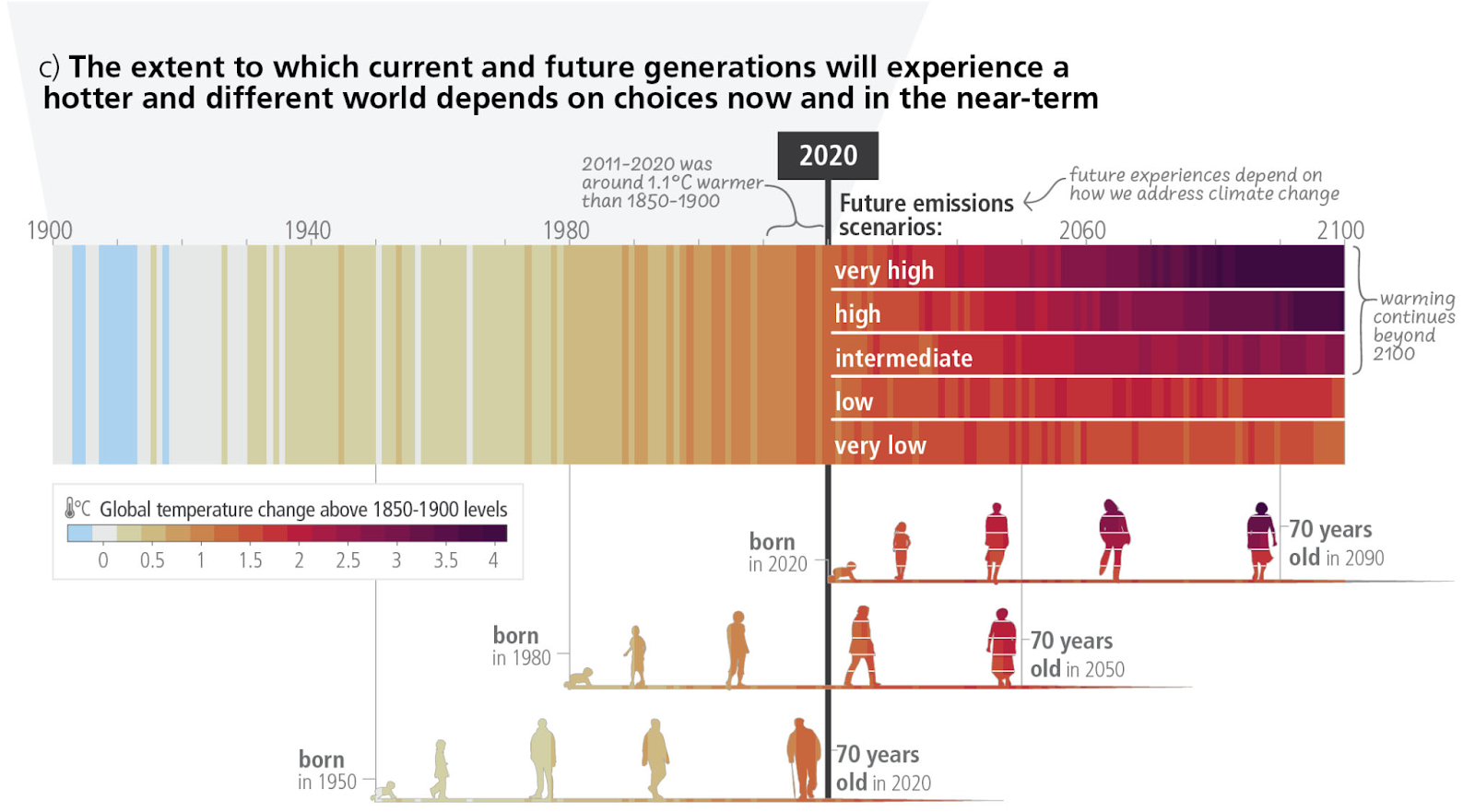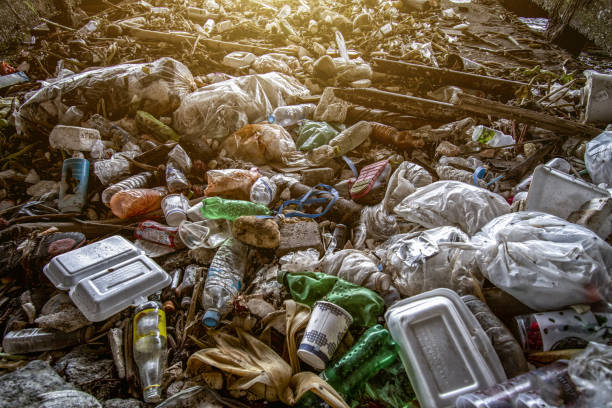Climate change is nothing new for a country like India. During summer, the rising heat breaks time-on-time records with the soaring temperatures while the downtime months drop every time.
Table of Contents

There are warnings for India and the whole world against what this could mean. Yet another report, the rearmost Sixth Assessment Report, Working Group II by the Intergovernmental Panel on Climate Change (IPCC) warns that lack of immediate attempts to alleviate or acclimatize to climate change could lead to distressing issues, especially in India. Let’s get a better understanding.
BHUPENDRA YADAV WELCOMES IPCC REPORT
On Monday, The IPCC released its rearmost Synthesis Report for policymakers. Union Minister Bhupender Yadav ate the IPCC report and said that the report confirms climate change as one of the crucial environmental challenges facing humanity. He also reflected that financial support from developed to developing countries is a pivotal facilitator of climate action, thereby pressing the inadequacy of current overflows.
So, What is This Report?
IPCC is an intergovernmental panel that was established by the World Meteorological Organization (WMO) and the United Nations Environment Programme (UNEP) in 1988. Scientists all over the world estimate papers on climate change to produce a referenceable report that can be used by policymakers to produce a strategy against climate change. This report recognizes the interdependence of climate, ecosystems, biodiversity, and mortal societies.

What Do The Findings Mean?
The report appraises policymakers from across the world about the viability of humanity living within planetary boundaries that rests on the conduct taken in the forthcoming seven times.
There is no time to lose to keep to the target of limiting the global average temperature to below 1.5 °C. The report concludes with a veritably minimum yet veritably strong hope of a better world.
” There’s a fleetingly close window of opportunity to secure a habitable and sustainable future for all.”
The Indian Script
The following is what the report has to say about the current and future of India in terms of climate change.
1. The Indian members of the IPCC presently view the country as a global hotspot for attracting a lot of climate investment, still, they believe that a proper system must be formed to distribute those finances inversely to adaptation and mitigation sweats.
- “ Funding from rich nations shouldn’t be the only source of climate finance and India should look at a variety of backing options, ”.
The public finance moment holds eminence, in the form of not just loans but also grants, bonds, and equity too, as this financial support from developing countries would help in adaptation and mitigation action for the future.
2. As read above, the 1.1 ° Celsius temperature above the pre-industrial situations resulted in further frequent and violent extreme rainfall events that have extorted annihilation on nature and people in every region of the world
The experimenters prompt India to concentrate on Urban redistributive programs. India would face extreme heat and urgently needs to plan its energy transition consequently. “ India can decarbonize the energy sector by reducing demand for energies and can integrate structure design that allows further space for cyclists, climbers, and public transport. “ We’ve to shift the development measures to sustainable bones, ”
It’s veritably easy for people to discard this new report as just another bone. One of the reasons for this is the fear of failure. The IPCC reports making clear that the unborn inescapably involves further and larger climate-related transformation.
Conclusion

The question is what the blend of good and bad will be in those metamorphoses. The report also discusses what changes lie ahead and also describes how with the existing results people can reduce greenhouse gas emigrations.
The only problem is timing. In addition to pushback from industries, people’s fear of change has helped maintain the status quo.
To slow climate change and adapt to the damage already underway, the world will have to shift how it generates and uses energy, transports people and goods, designs buildings, and grows food. That starts with embracing innovation and change.
Read More: “Humanity On Thin Ice”: IPCC Issues Stark Warning













